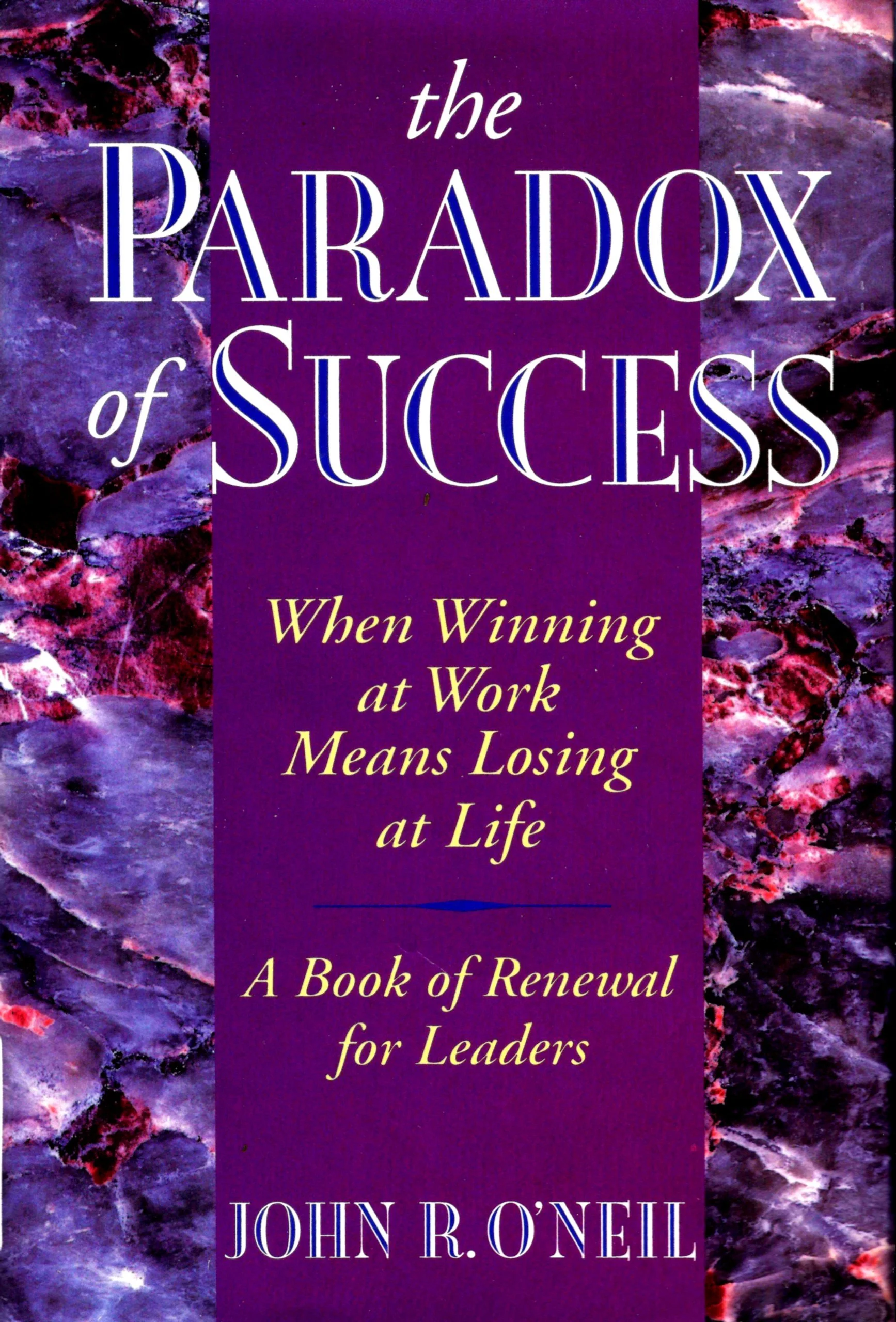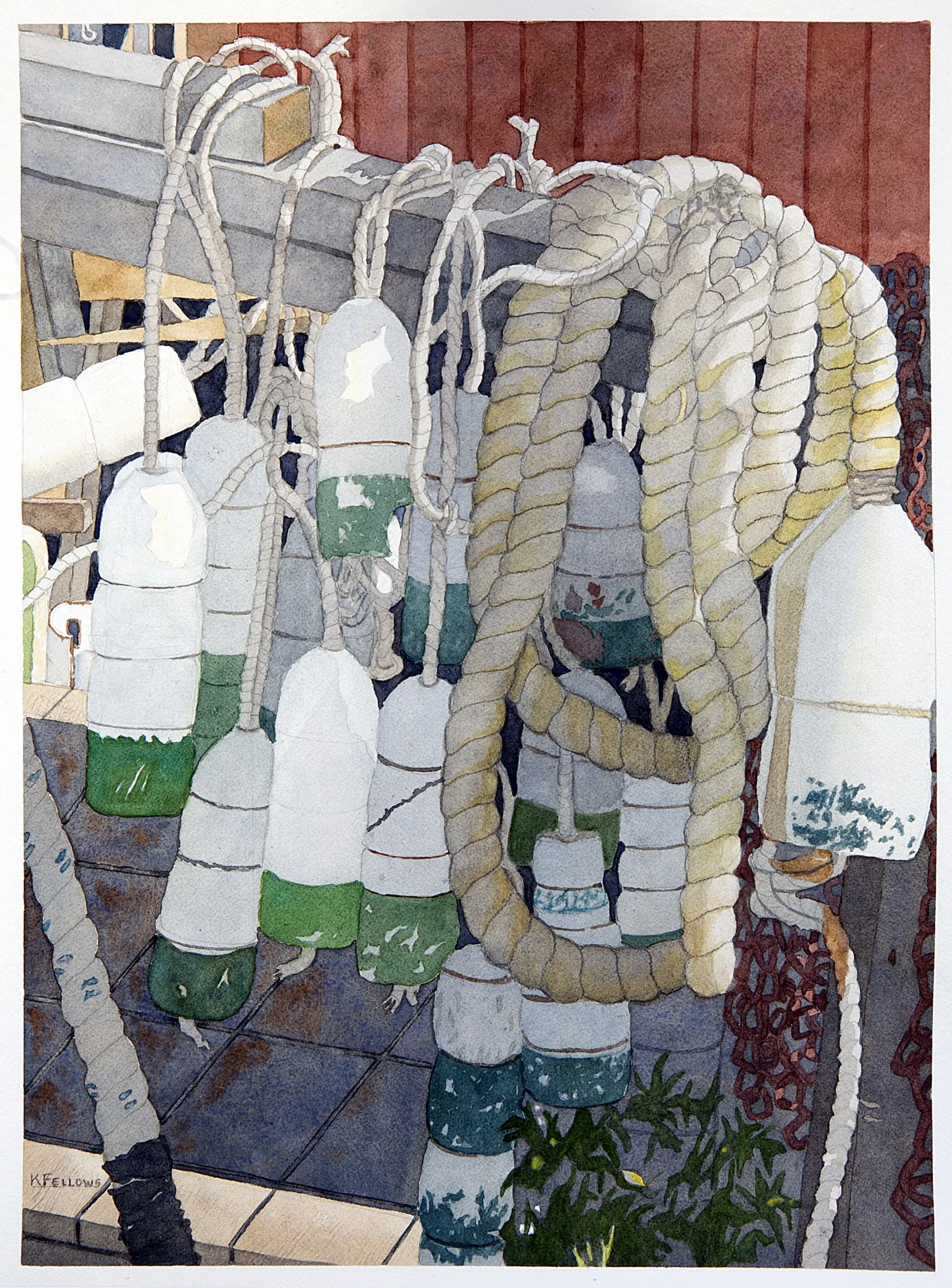Living Paradox
“The great paradox of life is that those who lose their lives will gain them. If we cling to our friends, we may lose them, but when we are non-possessive in our relationships, we will make many friends. When fame is what we seek and desire, it often vanishes as soon as we acquire it.”—Henri Nouwen, “April 30” in Bread for the Journey (HarperOne, 1997).
University of Arkansas graduation
Nouwen again opens us up to an authentic truth: that we live and work with paradox, holding tensions. One of the best books I read during my work as a physician was John R. O’Neil’s The Paradox of Success: When Winning at Work Means Losing at Life. It is subtitled: A Book of Renewal for Leaders. O’Neil tells us how our excessive pride as leaders, combined with the seductive perks of power, can become addictive. At some point, the wielding of power itself becomes even more important than its goal.
Power and the need to control our fate can take over and sometimes become the end rather than the means. The paradox of success is the promise of renewal, as we can stand back, especially in a retreat, and see where we have gotten into trouble. There are obstacles to stepping back, such as our drive for perfection, as our path becomes a prison. Often, we let our clocks tell us what we should be doing, especially as we drive toward the dead-end of a substantial paycheck.
O’Neil believes that any amount of time spent away from our usual productive round of activities is renewing as long as it is time spent pursuing wisdom. Renewing activities can be exercising, watching birds at my window, being or sitting in nature, listening to music, playing the harp, being quiet, writing, talking and connecting with friends, visiting the sick, and some form of daily retreat, usually involving writing.
O’Neil encourages us to become healed by pursuing a different situation, where we do not run the show and focus on relationships rather than goals or end results. Our difficulties stem from the very traits that make us winners. We will find unmined gold in dark places initially hidden from us.
The book includes a graph about success. We work hard to reach the top as we master our profession. However, we only stay at the top briefly since there is always someone else or many who will soon surpass us. O’Neil suggests we stop to observe our situation as we approach the peak of a pursuit and consider starting all over again in a new career.
That can keep us humble, as we are back on a learning curve where we do not have all the answers. Then, as we get close to the top of that career or undertaking, he suggests we observe and again consider starting all over again. As Benedictines might say, “Always we begin again.”
My summer reading again includes David Brooks’ The Second Mountain. I think Brooks is discovering some of these same principles about life. For so many, our time during the pandemic was a period of discernment—learning how to live with the paradoxes in our lives.
Richard Rohr recently reminded us in his blog that our call is to hold the tension, not necessarily find a resolution or closure to the paradox. We must agree to live without resolution, at least for a while. He believes being open to this holding pattern is the very name and description of faith.
Joanna. Joannaseibert.com https://www.joannaseibert.com/







